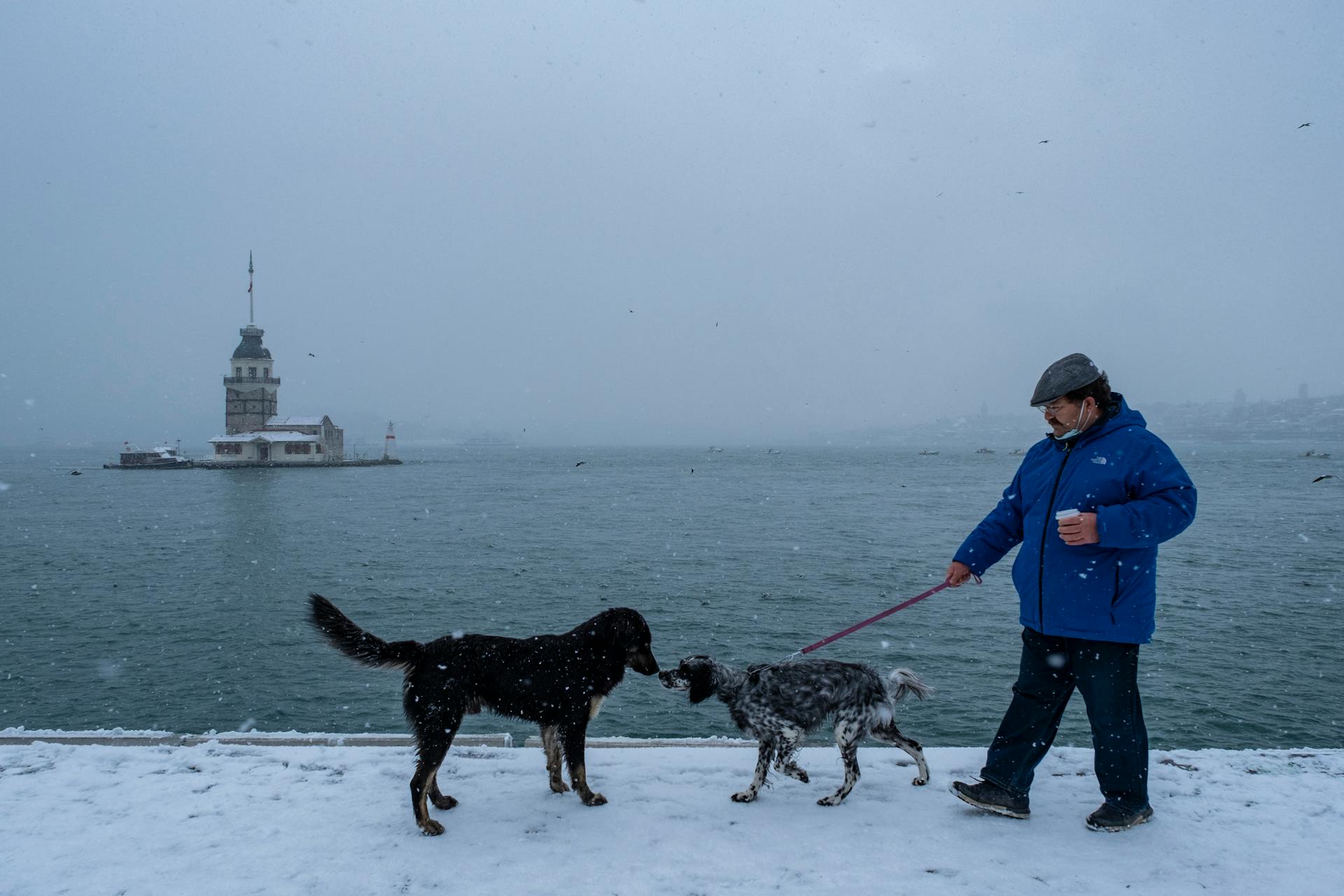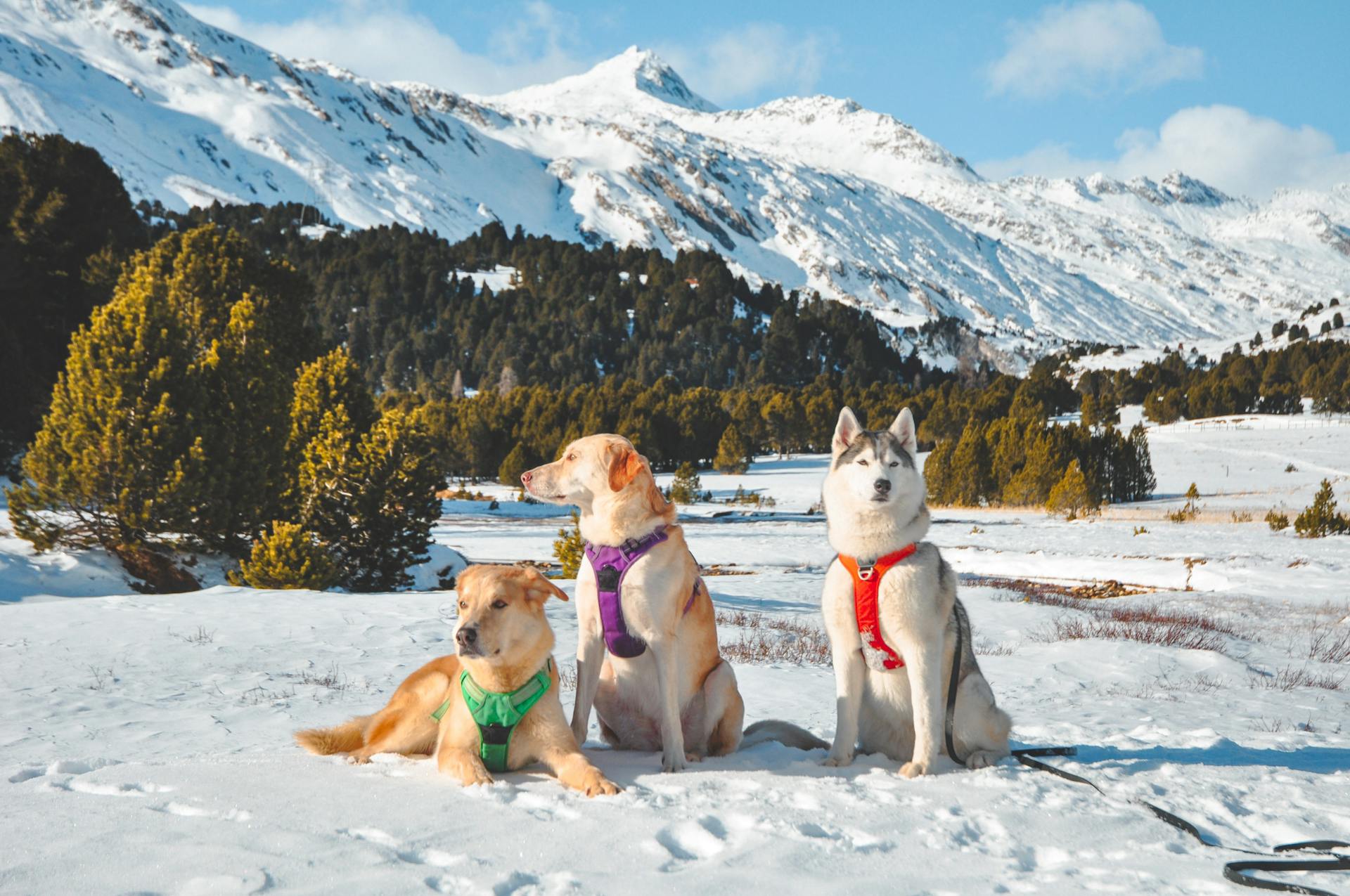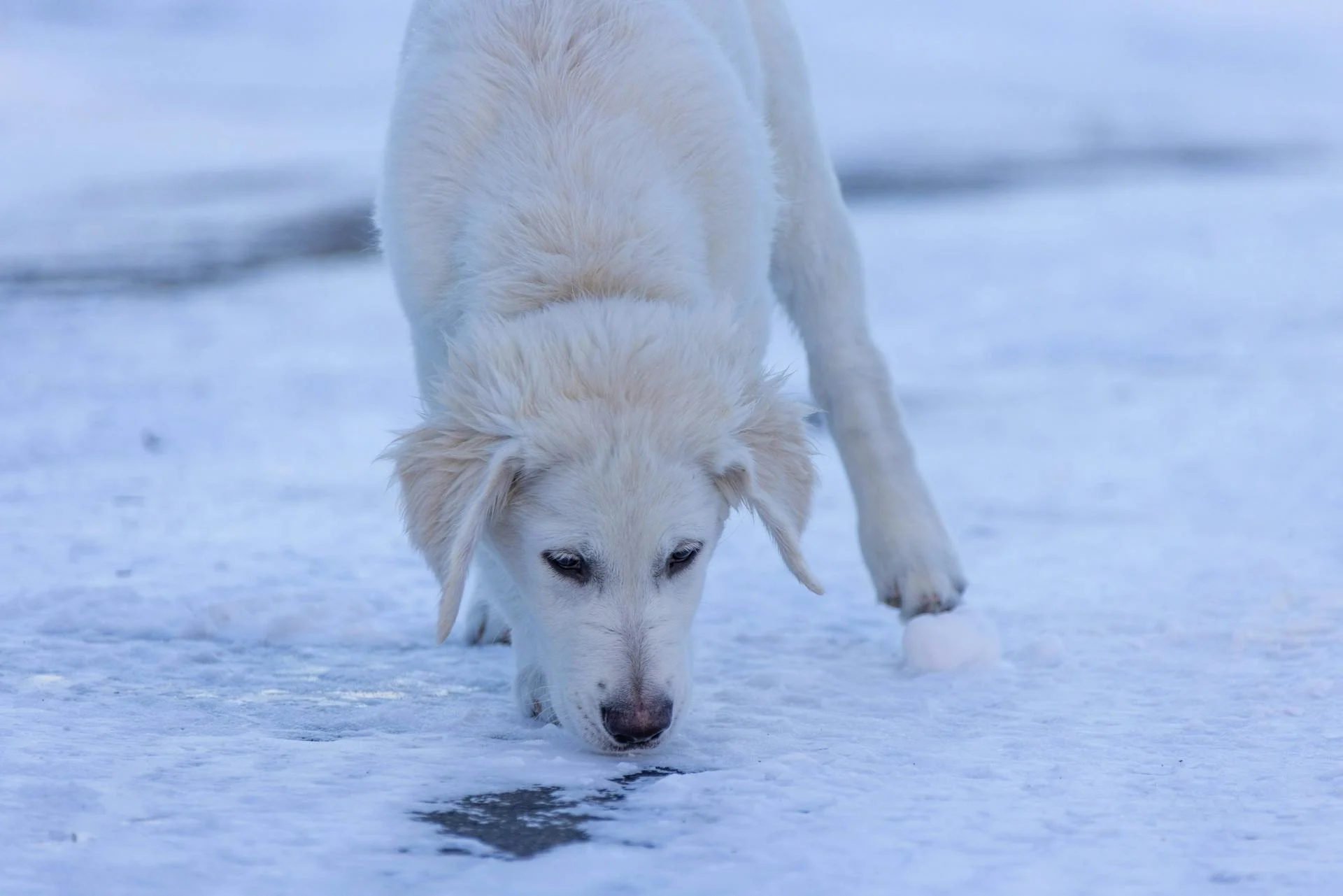
Dogs take their food to another room for various reasons, including to eat in peace, away from their human family members or other pets. This behavior is often rooted in instinct, as dogs in the wild typically eat alone to avoid competition for food.
Some dogs may also take their food to another room due to anxiety or stress related to eating in front of their owners. This can be triggered by a variety of factors, such as loud noises or the presence of other pets.
Dogs may also be motivated by a desire to guard their food, especially if they have a history of food insecurity or have been scrounging for food in the past. This behavior can be a leftover from their wild ancestors, who needed to protect their food from other predators.
Why Do Dogs Take Food to Another Room?
Dogs take their food to another room due to pack mentality, which is a natural instinct that can be triggered by factors such as breed, training, and family line.
This instinct can be strong in some dogs, causing them to remove food from their bowl and eat it elsewhere in the home or yard. Some dogs will go just a short distance away, while others will go far away or even to a hiding spot.
If you have multiple dogs in the home, or even another pet, this behavior is more likely to occur. Your dog may be trying to hide food from the other pet, or reacting to a perceived threat.
Feeding multiple animals separately can help prevent this behavior. However, even if you only have one dog in the home, the instinct to eat food away from the bowl may still be present.
Dogs may also take their food to another room if they're feeling lonely and want to be near their human companions. This is especially true if the food bowl is in one room and the family is in another.
A different take: Why Does My Dog Only Bark at One Person
Understanding Canine Behavior
Dogs may take their food to another room due to their natural instincts, such as instinctual resource guarding. This behavior is a result of their ancestors experiencing competition for food, and it continues even with a steady food supply.
Dogs may also carry their food away as a way to protect it from other dogs in the household. In multi-dog households, this behavior is common, as the dog may feel the need to hide its food to avoid competition.
Some dogs may do this more than others, with smaller dogs being more likely to carry their food to another location, and "wolfy" breeds like Siberian Huskies and German Shepherds also exhibiting this behavior.
Your Dog's Natural Instincts
Dogs have a strong instinct to protect and hide their food, a behavior that dates back to their wild ancestors.
Their ancestors would often drag pieces of food away to hide it from other pack members, a way to avoid fighting for it.
A different take: Why Do Dogs Hide Their Food
This behavior is still present in domesticated dogs, who may carry their food to a quiet or comfortable location to eat.
Some dogs, particularly those in multi-dog households, may carry their food away as a way to keep it to themselves.
Dogs aren't looking to start a fight, but rather to eat without the risk of a competition for food.
In single-dog households, using a crate or blocking the exits to the room can help prevent food carrying behavior.
Dogs instinctually want to guard their resources, a behavior that was integral to their ancestors' survival in the wild.
Guarding food was essential for survival, and this instinct continues even in domesticated dogs.
Smaller dogs may be more likely to exhibit this behavior, while larger dogs may not be as prone to it.
However, some breeds like Siberian Huskies, German Shepherds, and Malamutes may be more likely to carry their food to another location to eat.
Dogs may also take their food to another room to be near their human companions or to eat in a quieter location.
This behavior is a natural extension of their desire for companionship and comfort.
Lack of Food
Dogs in multi-dog households may hide food due to concerns about not having enough.
This behavior can be a sign that your dog is worried about going hungry.
If your dog is in a household with other dogs, he may feel the need to hoard food for himself.
In a multi-dog household, it's essential to ensure each dog has access to food without feeling the need to compete.
Managing the Behavior
Feeding your dog in a quiet space can help reduce food-carrying behavior. This is because a calm environment helps your dog focus on eating without distractions.
Separating feeding areas for multiple dogs is also crucial. This prevents competition and protectiveness over food, which can lead to food-carrying behavior.
Using different bowls can also make a big difference. If noise is an issue, try using non-metal bowls like plastic or ceramic alternatives.
Staying nearby during meals can provide companionship and reduce loneliness in your dog. This can help them feel more secure and less likely to carry their food.
To manage your dog's food-carrying behavior, it's essential to monitor and adjust their portions. Overfeeding can lead to the need for storing food, which can trigger food-carrying behavior.
Sources
- https://canidae.com/blog/why-does-my-dog-eat-his-food-away-from-the-bowl
- https://www.petful.com/behaviors/why-dog-carries-food-away/
- https://www.petsbest.com/blog/why-dogs-hide-treats-and-food
- https://www.rd.com/article/why-dogs-bring-their-food-somewhere-else-to-eat-it/
- https://dogo.app/think-outside-the-bowl-why-does-your-dog-carry-food-away/
Featured Images: pexels.com


